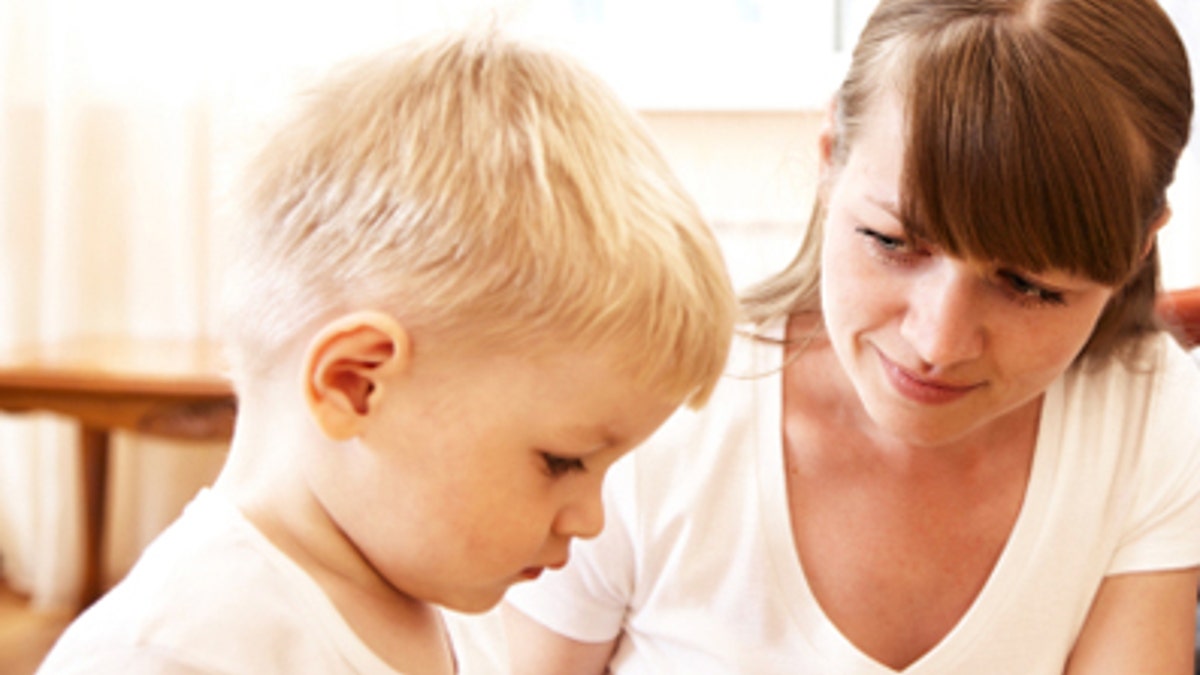
(Marina Dyakonova)
You finally feel like you’ve got this parenting thing down pat and now you’re thinking about having another, but how do you know if you’re truly ready? “Many times, we’re really not ready for what’s going to really happen until it happens,” according to Dr. Gaby Cora, a wellness doctor and coach.
Yet the more you can plan ahead, the better sense you’ll have of what you’ll need and how to schedule your new life. Here are seven things to think about:
1. Your marriage may take a hit.
Before deciding on another baby, think about how your marriage has changed since having your first. According to a recent study in the Journal of Personality and Social Psychology, parents reported a sudden decrease in marital satisfaction after their first child, compared to a more gradual decrease in couples without children.
“Many people believe that having a baby will strengthen a marriage or turn an unhappy marriage into a happy one,” according to Erin Boyd-Soisson, certified family life educator, and associate professor of Human Development and Family Science at Messiah College in Grantham, PA. Boyd-Soisson said that because the time and commitment required to take care of a child takes away from time to maintain a marriage, it’s important to come up with a plan of how you will be able to spend time with your partner and make your relationship a priority.
2. You should (try) to agree.
You and your partner should both be ready for another baby because it will be easier if you have each other’s support, according to Cora who said you already have a sense of what your partner will be like with the second. “If your partner has never been helpful with your first child, but now you’re fantasizing that they’re going to be helpful with your second child, I would say think again because chances are, if they haven’t been doing it, why would they start doing it now?” she said.
3. It will take a village.
Chances are you’ll have less sleep, less time, and more work, so think about who you’ll be able to rely on for help. Are there family members, friends, or neighbors who can babysit for a few hours so you and your partner can go out to dinner? Is there someone who can help with household chores or errands? If you don’t live near family, you can hire a babysitter or mother’s helper, or reach out to a local mother’s group.
4. Your other children’s needs.
A new baby requires all of your time and attention, but remember your other children will need your attention too, so you should think about how it will affect the time you’ll be spending with them. If your child is still a newborn, are you physically and emotionally ready to handle another baby so soon? You’ll also want to consider how your children will adjust to a new baby and ways you can minimize jealousy. “You really do want to try to foster a positive sibling relationship,” Boyd-Soisson said. If you’re concerned about how you’ll handle a second, talk to friends who have more than one or take a parenting class.
5. Your money.
The average cost of raising a child until he’s 17 (not including college), is $226,920 according to the Department of Agriculture. Sure, you have a lot of the baby gear already, but you’ll still be shelling out money for diapers, food, medical bills, and other incidentals so budgeting for the next 3 to 5 years can help you manage your finances. If you or your partner will be staying at home full-time, or you’ll have to pay for double the daycare or increase your nanny’s salary, you should factor those changes in as well.
6. Your career.
If you’ll be returning to work, you should think about how you anticipate your job and career aspirations fitting into your new life. Will it be OK if you leave at 5pm every day to pick up your kid from day care or does your job require you to work late hours? Many women have regrets about leaving a successful career behind to stay at home full time, or they feel conflicted if they have to leave work to pick up a child from daycare. Being aware and anticipating as much as you can, can help avoid frustration later.
7. Expect the unexpected
We all hope for a healthy baby but sometimes they’re born prematurely or with health conditions, which is why it’s important to plan ahead if you’ll need more time or additional help. Also, consider the chance of multiples. If you’re undergoing fertility treatments, there’s a 44 percent chance your second baby could be twins. And regardless of how easy or challenging your first was, you never know what the second baby will be like. “You will be dealing with two completely different people,” Cora said.
Julie Revelant is a freelance writer specializing in parenting, health, and women's issues and a mom. Learn more about Julie at revelantwriting.com
